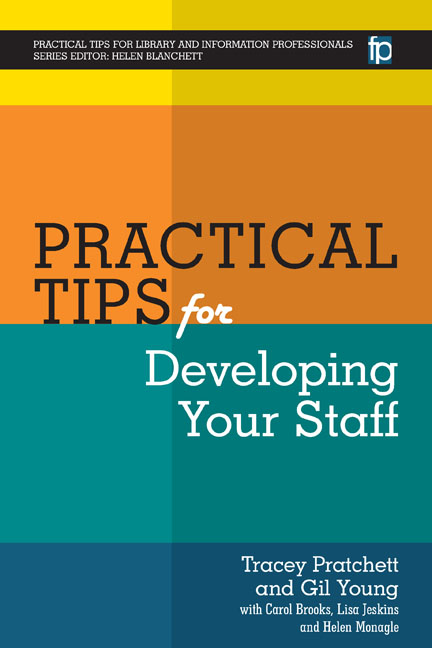Book contents
- Frontmatter
- Contents
- List of figures and tables
- Acknowledgements
- The authors
- List of abbreviations
- Series Editor's introduction
- Introduction
- Section 1 Theories
- Section 2 Infrastructure
- 11 Why develop staff?
- 12 Workforce planning
- 13 Job descriptions
- 14 Person specifications
- 15 Advertisements
- 16 Shortlisting
- 17 Interviews
- 18 Interviews – presentations and tests
- 19 Interviews – feedback
- 20 Inductions
- 21 Managing performance
- 22 Team development plans
- 23 Appraisals – preparing
- 24 Appraisals – conducting
- 25 Setting objectives
- 26 One-to-ones
- 27 Feedback – general
- 28 Team building
- 29 Team meetings
- 30 Sharing learning with the team
- 31 Writing references
- 32 Exit interviews
- 33 Effective handover
- Section 3 Activities and tools
- Index
17 - Interviews
from Section 2 - Infrastructure
Published online by Cambridge University Press: 09 June 2018
- Frontmatter
- Contents
- List of figures and tables
- Acknowledgements
- The authors
- List of abbreviations
- Series Editor's introduction
- Introduction
- Section 1 Theories
- Section 2 Infrastructure
- 11 Why develop staff?
- 12 Workforce planning
- 13 Job descriptions
- 14 Person specifications
- 15 Advertisements
- 16 Shortlisting
- 17 Interviews
- 18 Interviews – presentations and tests
- 19 Interviews – feedback
- 20 Inductions
- 21 Managing performance
- 22 Team development plans
- 23 Appraisals – preparing
- 24 Appraisals – conducting
- 25 Setting objectives
- 26 One-to-ones
- 27 Feedback – general
- 28 Team building
- 29 Team meetings
- 30 Sharing learning with the team
- 31 Writing references
- 32 Exit interviews
- 33 Effective handover
- Section 3 Activities and tools
- Index
Summary
THE PURPOSE OF the interview is to select the best candidate from those shortlisted for the job on offer. For many organizations the interview is the only method used at this stage. Others combine it with tasks such as presentations or tests.
Preparation
Good interviews require in-depth preparation from those who will be conducting them. It is good practice to include the proposed interview date on the job advertisement if possible. Prior to the interview the candidates need to be informed of the following:
• the date, time and venue of the interview
• where they should report to on arrival and who they should ask for
• the names and positions of the people conducting the interview
• if required, details of any presentation or other task they will be expected to undertake
• what paperwork, e.g. certificates, proof of identity, they need to bring with them
• information about how to claim for expenses, if these are paid.
Format
The format of the interview needs to be decided well in advance. There are different types of interviews. The most commonly used in the LKS sector are individual competency interviews conducted by a panel, which this Tip focuses on. Many organizations will have a set interview procedure. It is important to consult with your HR department, if you have one, to ensure that you are following the approved format.
Interviewers
The composition of the interview panel should be decided as early as possible to ensure availability. It is advisable to have at least two people interviewing and, whilst this can vary depending on the role on offer, the proposed line manager should always be involved. Other possible individuals to consider for the panel include:
• the line manager's line manager
• the head of service
• a service stakeholder or user
• an HR member
• another team member
• external interviewer.
Questions
The most important part of the interview preparation is setting and agreeing the questions. These should be linked to the person specification and should build on the information the candidate has provided in their application. Table 17.1 outlines different types of question which are useful to consider when planning the interview.
- Type
- Chapter
- Information
- Practical Tips for Developing Your Staff , pp. 39 - 43Publisher: FacetPrint publication year: 2016

